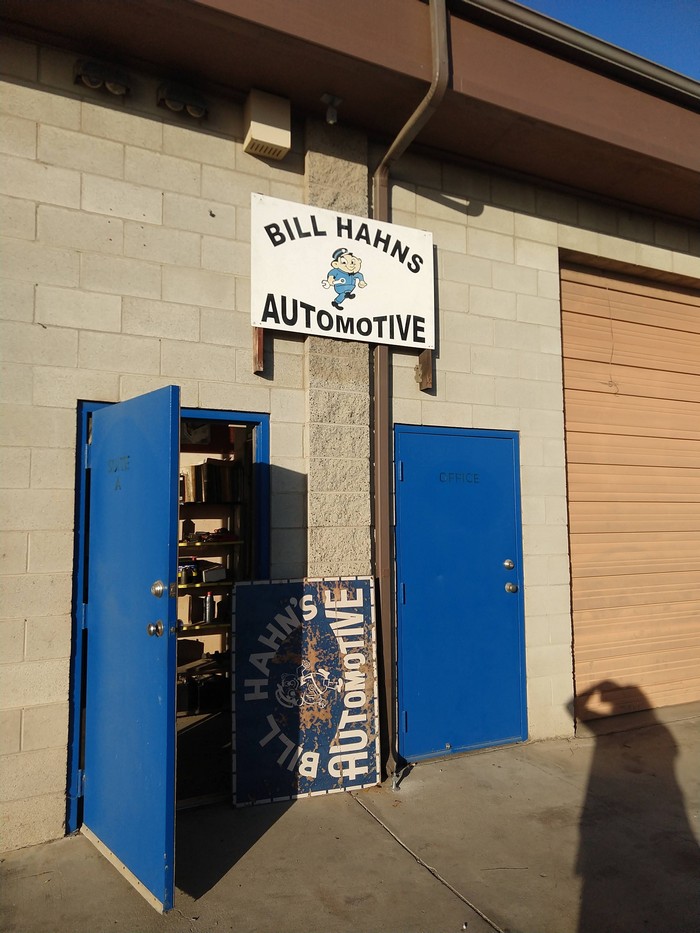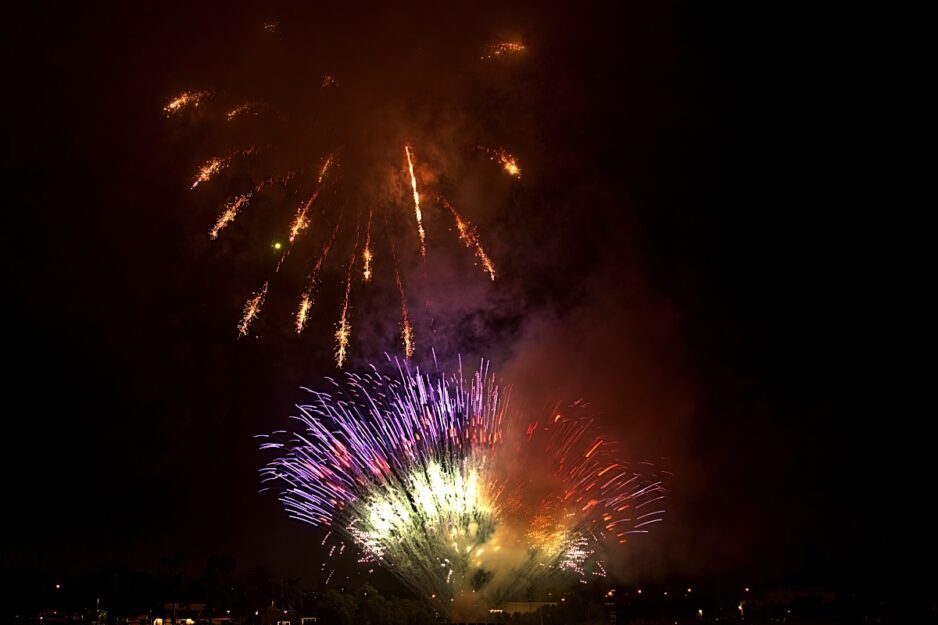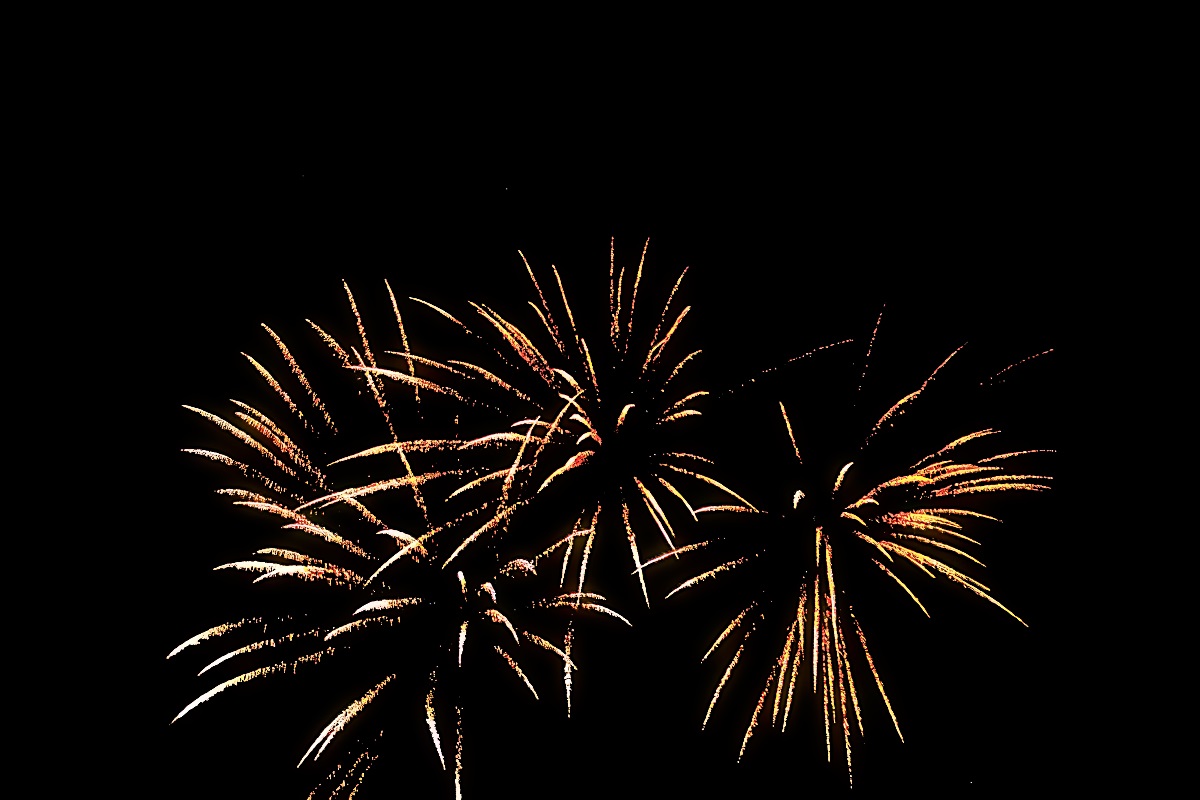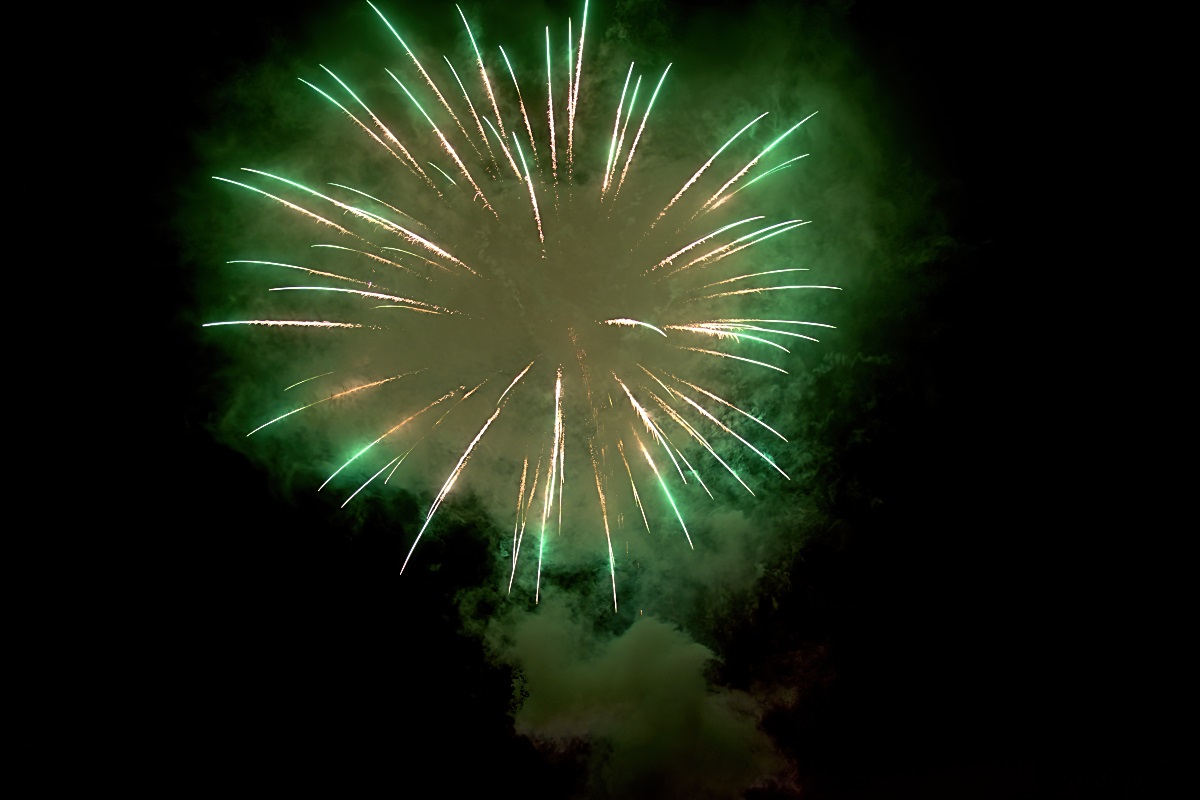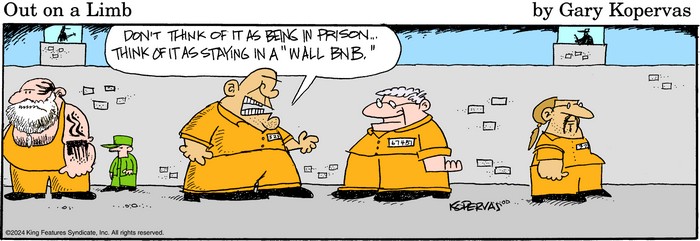by Richard Senate
 Angel Escandon, born in Spain and a resident of Peru before arriving in California in 1854, settled in what was then a cluster of adobe buildings around the Old Mission Church. Trained as a lawyer, he quickly became a prominent figure in the burgeoning community of Ventura. He married Francesca Sanchez, and as part of her dowry, he acquired a large adobe on Main Street near the Mission. During the Gold Rush era, when demand for cattle enriched ranch owners, Angel seized the opportunity and opened a saloon catering to local cowboys. It distinguished itself with amenities like a billiard table, the town’s first. He also produced wines and brandies from grapes grown on his land along the Ventura River.
Angel Escandon, born in Spain and a resident of Peru before arriving in California in 1854, settled in what was then a cluster of adobe buildings around the Old Mission Church. Trained as a lawyer, he quickly became a prominent figure in the burgeoning community of Ventura. He married Francesca Sanchez, and as part of her dowry, he acquired a large adobe on Main Street near the Mission. During the Gold Rush era, when demand for cattle enriched ranch owners, Angel seized the opportunity and opened a saloon catering to local cowboys. It distinguished itself with amenities like a billiard table, the town’s first. He also produced wines and brandies from grapes grown on his land along the Ventura River.
The saloon, strategically located next to the polling place, likely thrived during the pivotal presidential election of 1860, where all voters at the location cast their ballots for Abraham Lincoln, contrasting with the rest of Santa Barbara County’s support for Stephen Douglas. In 1863, Angel Escandon was elected to the State Assembly. He championed the cause of Ventura’s incorporation as a city, which was granted in April 1866. In 1870, he introduced AB 442 to establish Ventura County as an independent entity from Santa Barbara County. The bill passed, and Ventura County was officially formed on January 1, 1873. Angel played a pivotal role in organizing the county’s first government.
After his tenure in the Assembly, Angel Escandon served as mayor of Ventura in 1875, when it was still known as San Buenaventura. He continued to serve the community as a member of the city council. Tragically, he passed away suddenly on Thanksgiving Day in 1884, at the age of 51, shortly after playing cards at the Tico Adobe, located where the Burger King now stands on Ventura Avenue.
Perhaps our community should consider erecting a statue or plaque in honor of this overlooked founder, Angel Escandon.

